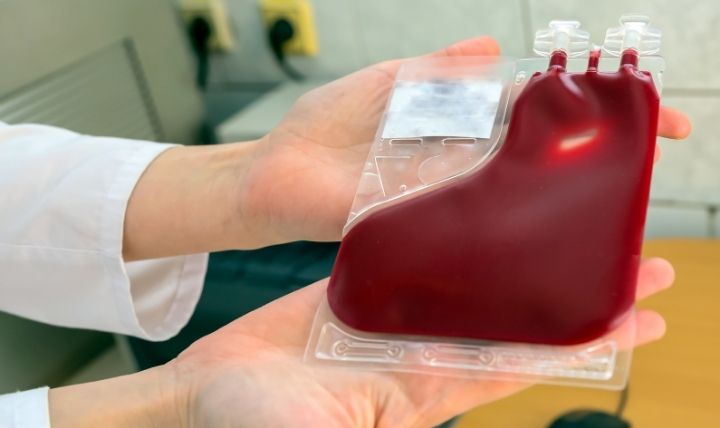A Cord Blood Registry (CBR) is a facility or service that specializes in the gathering, processing, and storage of umbilical wire blood. Cord blood is collected from the umbilical cord and placenta after childbirth, and it contains useful hematopoietic stem cells that can be utilized in numerous medical treatments. Here are key aspects associated to Cord Blood Registries:
Collection Process:
After a child is born and the umbilical twine is clamped and cut, the blood remaining in the wire and placenta is collected. This process is quick, painless, and poses no risk to the infant or the mom.
Processing and Storage:
Once collected, the cord blood is processed to isolate and focus the stem cells. After processing, the wire blood is saved in specialised cryogenic storage tanks at extraordinarily low temperatures to preserve the viability of the stem cells.
blood cord banking cost Calgary Alberta Cells:

Hematopoietic stem cells found in wire blood have the distinctive capacity to differentiate into numerous kinds of blood cells, including purple blood cells, white blood cells, and platelets.
Medical Applications:
Cord blood stem cells are utilized in medical treatments, notably in the subject of hematopoietic stem cell transplantation. These remedies are employed within the administration of sure genetic issues, blood cancers, and illnesses affecting the blood and immune system.
Public vs. Private Cord Blood Banking:
Cord Blood Registries may be categorized into private and non-private banks.
Public Cord Blood Banks: Donated twine blood is stored in a public registry and becomes out there for anybody in need of a stem cell transplant. It is often freed from charge for the donating families.
Private Cord Blood Banks: Families pay a fee to retailer their baby's twine blood in a non-public registry for his or her unique use in the future.
Registry Services:
Cord Blood Registries typically provide extra companies such as testing, genetic screening, and family matching companies to ensure that the saved wire blood is suitable for potential future use inside the family.
Education and Counseling:
Cord Blood Registries may provide instructional sources and counseling to expectant mother and father to assist them make informed selections about whether or not to retailer their child's twine blood and whether to decide on a public or personal twine blood financial institution.
Quality Standards and Accreditation:
Reputable Cord Blood Registries adhere to strict quality requirements and may be accredited by relevant regulatory bodies. Compliance with these requirements ensures the security and efficacy of the stored wire blood.
It's necessary for parents to carefully consider their options, together with the prices, benefits, and potential dangers, when deciding whether to make use of a Cord Blood Registry service and whether or not to opt for public or non-public cord blood banking..
